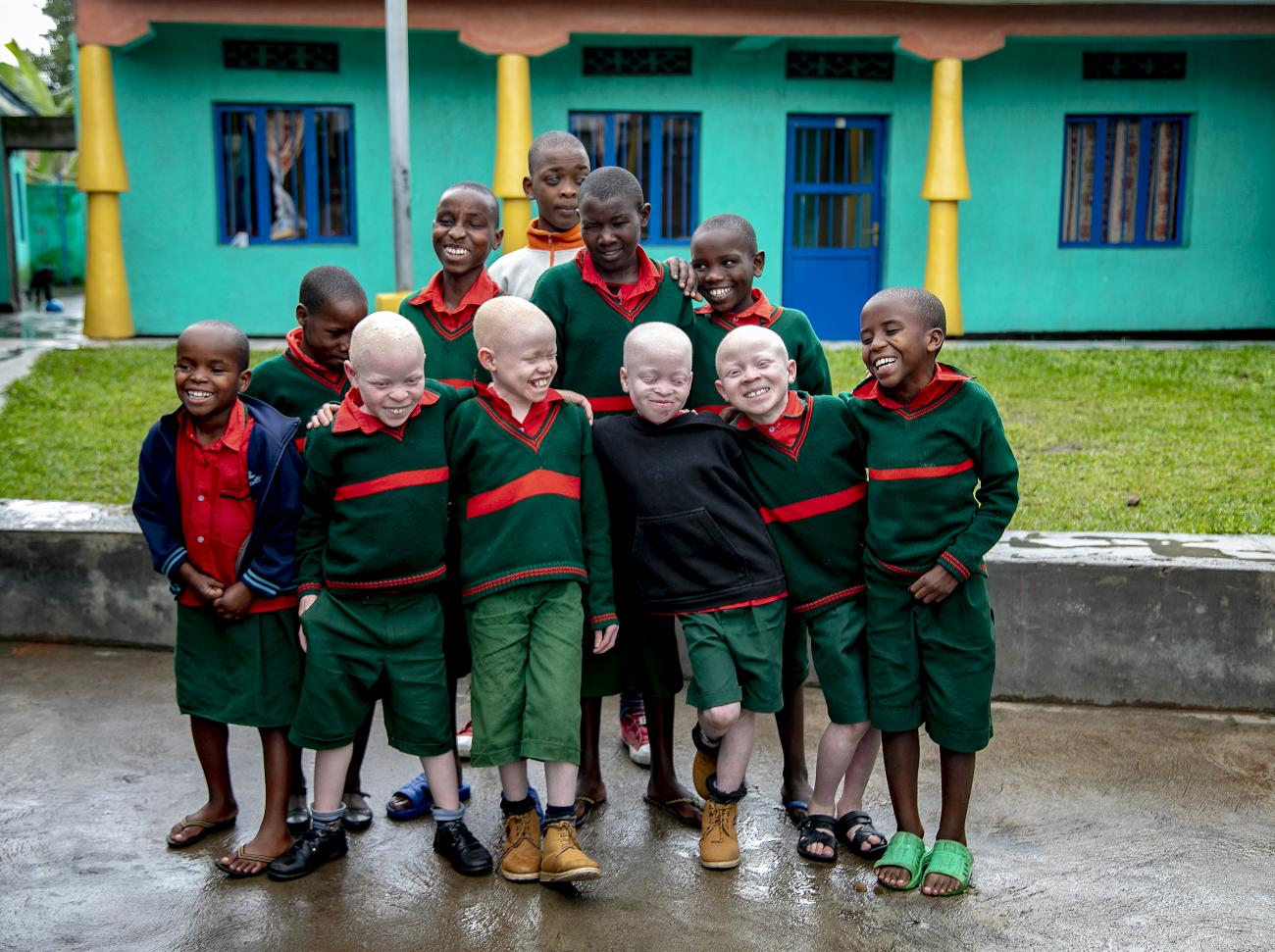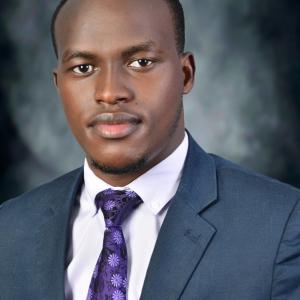Emmanuel Nahayo Barekayo, 27, lives in Nyamasheke district, Western Rwanda. Turikumwe met him in Kigali, where he was attending the celebration of the 9th International Albinism Awareness Day. A day dedicated to raising awareness about the rights and challenges faced by individuals with albinism.
“This day means a lot to me and other people with albinism I represent in my district. It reminds us of all that disability is not inability,” said Barekayo.
Albinism, a genetic condition characterised by a lack of pigmentation in the skin, hair, and eyes, affects individuals across Rwanda and around the globe. Sadly, it is often accompanied by discrimination, stigma, and various forms of violence.
Barekayo, an engineer, expresses gratitude for the sound policies like the National Policy for Persons with Disabilities; Inclusive Education Policy; National Rehabilitation Policy; Accessible Infrastructure Policy; Employment and Entrepreneurship Promotion Policy for Persons with Disabilities; and many more established by the Government of Rwanda. He also lauds the support of the United Nations and partners, noting a positive mindset shift in how Rwandans now perceive people with albinism.
“Considering the progress made in addressing the issue of discrimination, I can say that we have reached an improved level. When I apply for a job or a tender, I am treated equally as other applicants who do not live with Albinism. The situation has truly improved” he added.
This is one of the results of various programmes that are implemented by partners across the country to foster the inclusion of people with disabilities in all of Rwanda’s socio-economic development plans.
From January 2022, the United Nations is implementing a Joint Programme titled “Strengthening disability inclusion accountability and Coordination in Rwanda” This Joint Programme brings together 5 participating UN Agencies, UNDP as a lead technical agency, UNICEF, UN Women, UNFPA, and UNHCR.
These agencies collaborate with the Government of Rwanda and the National Union of Disability Organisations in Rwanda (NUDOR), which serves as an umbrella for several Organisations of People with Disability. One of its members is the Organisation for Integration and Promotion of People with Albinism (OIPPA), to which Mr. Nahayo belongs.
"Activities carried out by UNDP have empowered us to have our voices heard. Previously, despite the existence of policies, local authorities were unaware that people with disabilities should be included in all aspects of the country's programmes. However, we are now immensely grateful. Our community has gained access to employment, education, and numerous other opportunities. It is crucial to acknowledge that discrimination is particularly severe when a person is impoverished. Therefore, the alleviation of poverty among individuals with disabilities is a significant contribution," said Dr. Nicodeme Hakizimana, Chairperson of OIPPA.
The Joint Programme addresses various issues that include the limited participation of Organisations of People with Disabilities (OPDs) in the planning, implementation, monitoring, and evaluation of national programmes. This often leads to the sub-optimal representation of the views, needs, aspirations, and challenges of persons with disabilities in the respective programmes. The limited participation is a result of both low consultation of OPDs during planning processes and the low capacity of OPDs to contribute meaningfully and substantially towards planning, implementation and monitoring, and evaluation of programmes.
The Joint Programme strives to materialise the Convention on the Rights of Persons with Disabilities and the achievement of Sustainable Development Goals, Leaving no One Behind.
“Inclusion is not merely a noble ideal but a fundamental human right. It is a recognition that diversity is not a barrier but a strength that enriches our societies. By embracing and celebrating our differences, we create a more vibrant and resilient world, where everyone can thrive and contribute to the best of their abilities,” said Admiral Ncube, WHO’s External Relations, Partnerships, and Programme Management. He was speaking at the 9th International Albinism Awareness Day.
The UN Rwanda’s Joint Programme also responds to the aspirations outlined in the UN Rwanda Sustainable Development Cooperation Framework. Outcome number one under the pillar of Economic Transformation, states, “By 2024, people in Rwanda benefit from more inclusive, competitive, and sustainable economic growth that generates decent work and promotes quality livelihoods for all.”






